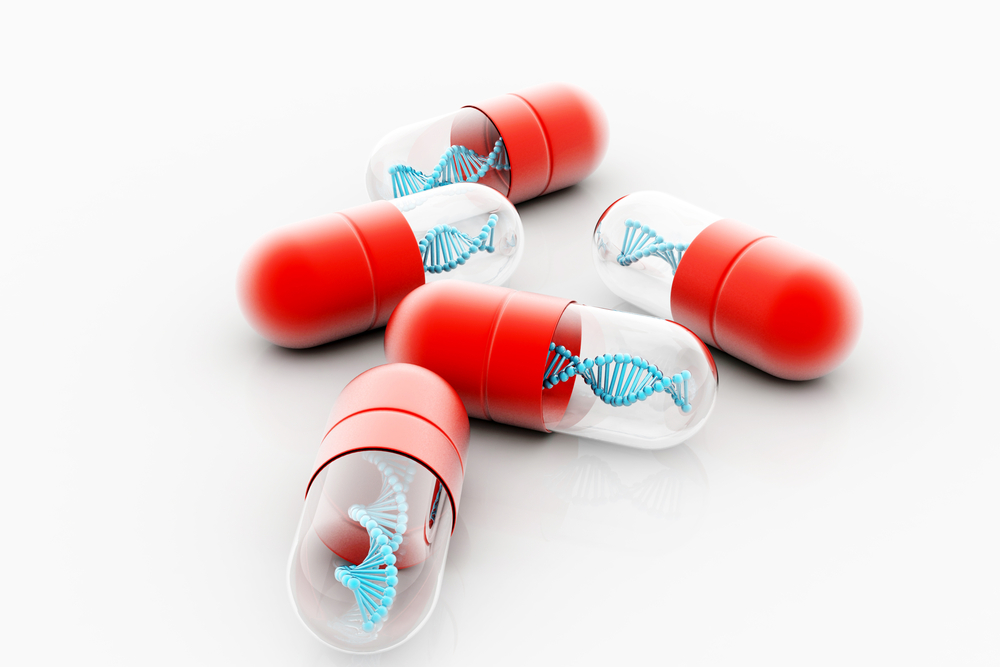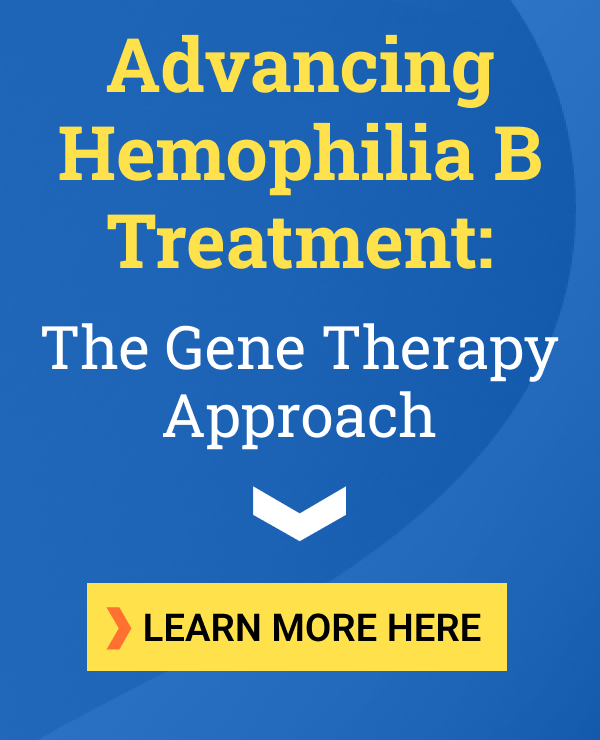Spark’s Gene Therapies to Treat Hemophilia A and B Advance in Clinical Trials

Three patients who received SPK-8011 — a gene therapy developed by Spark Therapeutics — for hemophilia A show increased production of clotting factor VIII without any safety issues reported, says the company.
The patients are the first to receive the treatment as part of a Phase 1/2 clinical trial, with early data showing they have not yet experienced spontaneous bleeding episodes.
“The encouraging start of our SPK-8011 clinical trial reinforces the strength of our gene therapy platform, delivers human proof-of-concept in a second liver-mediated disease — a significant achievement in the gene therapy field — and positions us well to potentially transform the current treatment approach for this life-altering disease with a one-time intervention,” Katherine A. High, president, Chief Scientific Officer, and co-founder of Spark Therapeutics, said in releasing second-quarter 2017 financial results.
The study (NCT03003533) examines escalating doses of the treatment — a one time infusion of a non-infectious virus that delivers a functional copy of the gene encoding clotting factor VIII.
The first two patients received the lowest dose and have now been followed for 23 weeks and 12 weeks. Measurements show their levels of the clotting factor steadily rising, reaching a stable level of 11 and 14 percent of normal values. With those results in hand, researchers decided to go for a higher dose in the third patient. So far, the increase of factor VIII in that third patient is higher than that observed in the other two, corresponding to the increased dose.
Researchers have not detected immune reactions to the therapy in any of the patients. This is important, as antibodies to SPK-8011 could potentially render it ineffective. No serious adverse events have been reported and none of the patients required treatment with corticosteroids.
Spark, based in Philadelphia, has also reported on its other gene therapy, SPK-9001, being developed to treat hemophilia B.
Researchers presented data from the Phase 1/2 study (NCT02484092) at the International Society on Thrombosis and Haemostasis (ISTH) 2017 Congress, showing that the 10 participants had lowered their annual bleeding rate by 96 percent. They also lowered their annualized infusion rate by 99 percent.
In addition, their levels of clotting factor IX, 12 weeks after the treatment, had stabilized at 33 percent. Four of the patients have been followed for more than a year after the treatment, and one for as long as 18 months.
Two patients developed immune reactions to the treatment, but the reactions could be managed with a short course of steroids. No bleeding episodes have been recorded. One patient with severe joint disease had precautionary factor infusions for persistent knee pain.
“We are excited about the progress we are making to achieve our goals of our investigational hemophilia A and B programs: to safely achieve predictable, consistent and sustained activity levels that prevent spontaneous bleeding,” said High.







